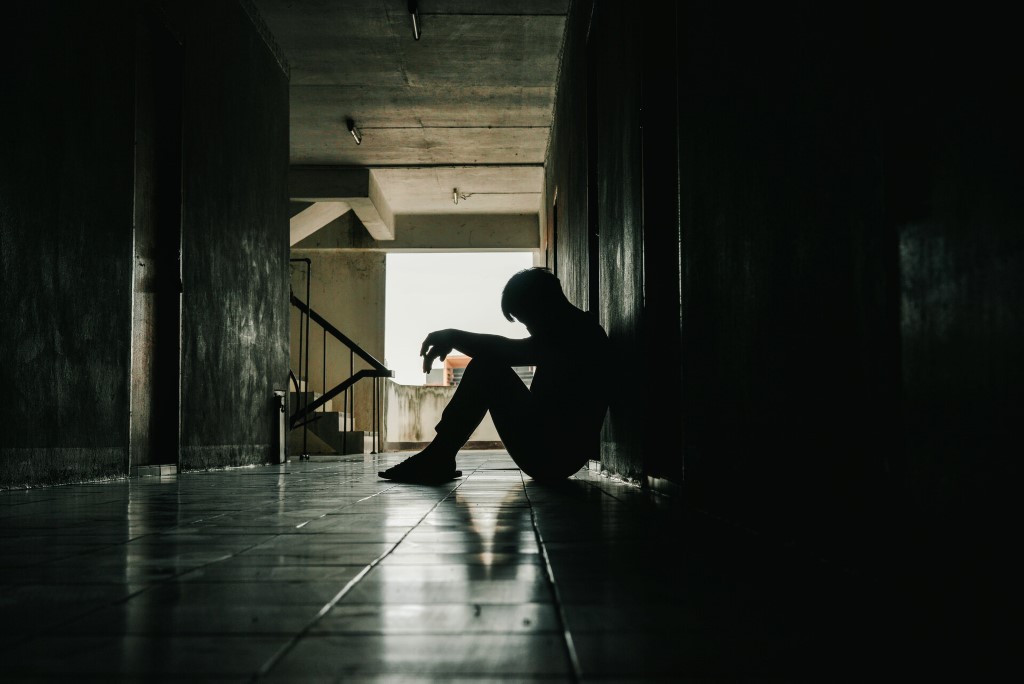Supportive Management in Benzodiazepine Addiction Recovery
When seeking help for a loved one or yourself battling benzodiazepine addiction, it’s crucial to understand the lesser-known aspects of supportive management that can significantly impact the recovery journey. Supportive management encompasses a range of approaches that provide essential aid, compassion, and guidance throughout the recovery process. In this article, we’ll explore two lesser-known aspects of supportive management: peer support groups and family involvement, and delve into how they can make a profound difference in the path to healing.
Peer Support Groups
Peer support groups are a lesser-known but powerful aspect of supportive management in benzodiazepine addiction recovery. These groups bring together individuals who share similar struggles and experiences, creating a safe and understanding space for open dialogue. Through shared stories, challenges, and triumphs, participants can find solace, empathy, and camaraderie, instilling a sense of belonging and hope in their recovery journey.
Research shows that peer support groups offer various benefits, including reduced feelings of isolation and shame, increased motivation to stay sober, and improved coping skills to navigate triggers and stressors. By participating in these groups, you gain access to a wealth of collective wisdom and encouragement, which can be especially beneficial during challenging times. The power of shared experiences and mutual support in peer groups can foster a sense of community that strengthens your commitment to sobriety and facilitates long-term recovery.
Family Involvement
Family involvement plays a crucial role in the recovery journey of someone struggling with benzodiazepine addiction. However, it is often a lesser-known aspect that can significantly impact treatment outcomes. Involving the family in the recovery process fosters a supportive environment where trust, communication, and understanding can flourish. Family members can learn about addiction, its challenges, and how to support their loved ones on their road to recovery.
Studies have shown that family involvement can lead to improved treatment compliance, reduced risk of relapse, and enhanced overall well-being for both the individual in recovery and their family members. By addressing family dynamics and healing strained relationships, you create a strong support system that promotes lasting recovery. Moreover, involving the family can provide an opportunity to address underlying issues that may have contributed to the addiction, offering a holistic approach to treatment.
Understanding the lesser-known aspects of supportive management, such as peer support groups and family involvement, can greatly impact the journey to recovery from benzodiazepine addiction. Embracing the power of peer support and nurturing a supportive family environment can create a space of trust, healing, and hope for individuals seeking help. As you embark on this journey, remember that support is available, and you don’t have to face it alone. Reach out to these lesser-known aspects of supportive management and discover the strength of community and understanding, vital in your path to healing and lasting recovery.
The role of supportive management in benzodiazepine addiction recovery is multi-faceted and offers a comprehensive approach to healing. Embracing peer support groups provides a sense of belonging and empowers you with practical tools for coping with triggers and stressors. Family involvement, on the other hand, nurtures an environment of understanding and support, promoting healthy relationships and fostering lasting recovery. By integrating these aspects into your treatment journey, you can experience a transformation that leads to a fulfilling and addiction-free life. Remember, you are not alone on this path to recovery, and there is an entire network of support waiting to help you every step of the way.
Navigating the Path of Supportive Management
As you embark on the journey of benzodiazepine addiction recovery, it’s essential to understand the significance of supportive management while proceeding with caution. While support from peers and family can be transformative, it’s crucial to recognize that the path to recovery is not without its challenges and pitfalls. Here, we explore the importance of being mindful of potential obstacles and maintaining a balanced approach throughout your therapy and recovery process.
Supportive management, encompassing peer support groups and family involvement, can be a powerful force in your journey to sobriety. Embracing the understanding and encouragement of peers can inspire hope and instill a sense of belonging. Engaging your loved ones in your recovery can create a network of understanding and trust, strengthening your resolve to heal. However, it’s important to remember that everyone’s recovery journey is unique, and what works for others may not necessarily work for you. Be open to trying various approaches and strategies, keeping an eye on what best aligns with your individual needs and preferences.
As you navigate the path of supportive management, be cautious of the potential pitfalls. Avoid comparing your progress to others, as each recovery is a personal and non-linear process. Strive for consistency in your efforts and practice self-compassion when faced with setbacks. Sometimes, external support may not be sufficient, and professional help may be necessary to address underlying mental health issues or trauma that contributed to addiction. Remember that seeking help from trained addiction counselors and healthcare professionals is a sign of strength, not weakness.
In the words of Johann Hari, “The opposite of addiction is not sobriety; it’s connection.” Embrace the support of others while maintaining an unwavering commitment to yourself and your well-being.Go with an open heart and a willingness to grow, knowing that setbacks are opportunities for learning and growth. You are not defined by your past, and with the right support and determination, you can overcome the challenges of benzodiazepine addiction and embark on a path of lasting recovery. Trust in yourself, seek professional guidance when needed, and remember that hope and healing are always within reach.




